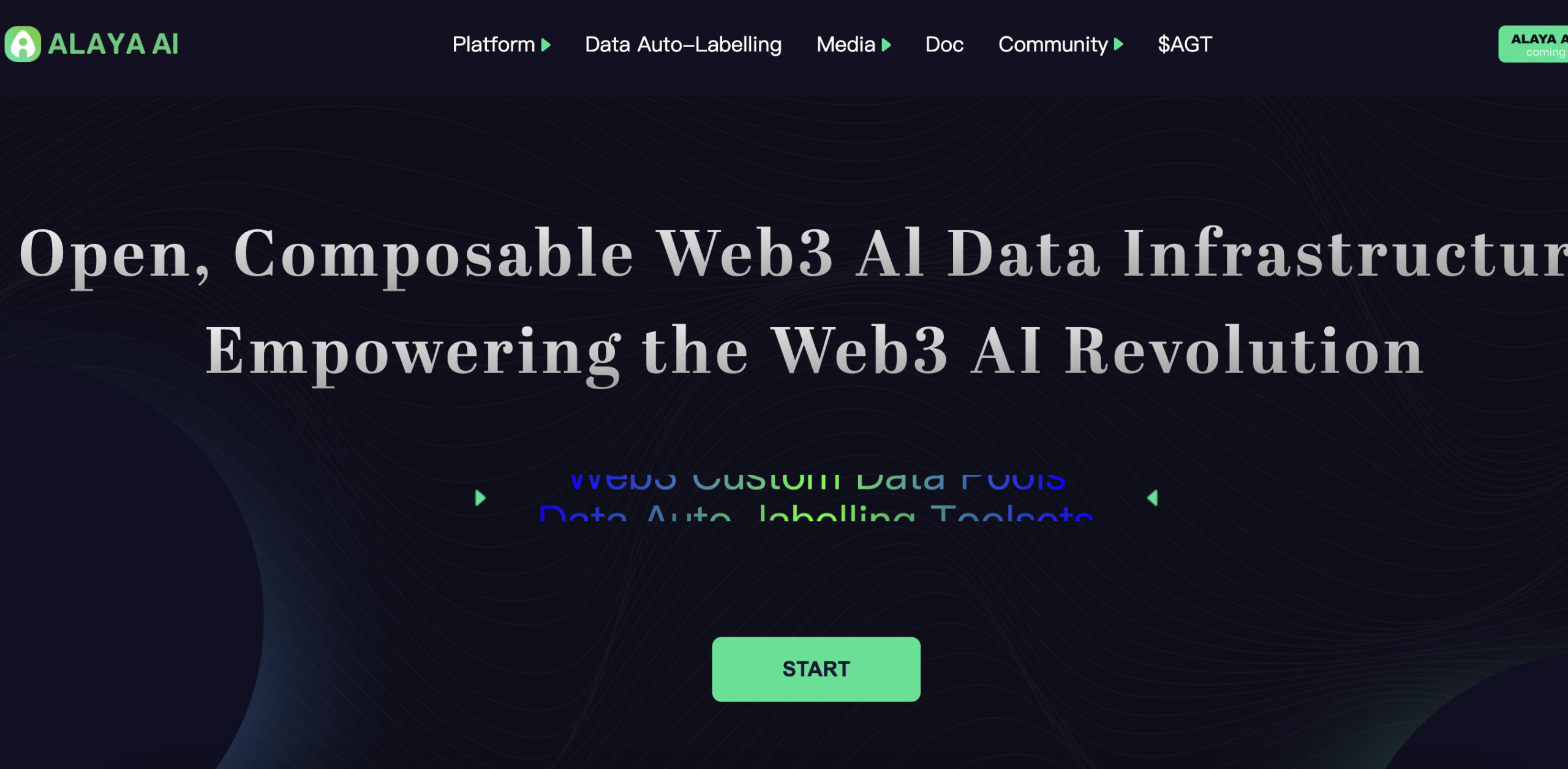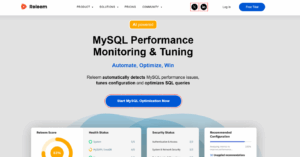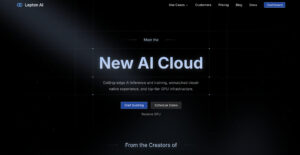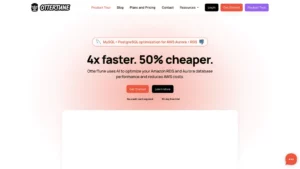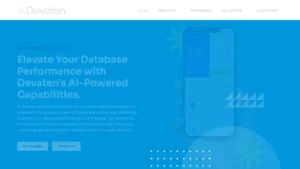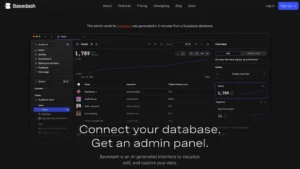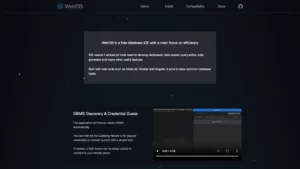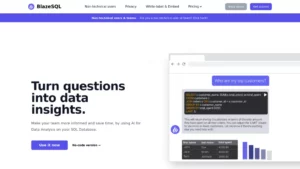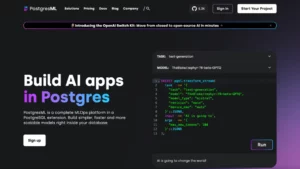| Name | Alaya AI |
|---|---|
| Overview | Alaya AI is a revolutionary AI data platform built on Web3 principles. It enables decentralized data collection, annotation, and labeling, leveraging blockchain technology, gamification, and NFTs. The platform incentivizes user participation through rewards and fosters a community-driven approach to AI dataset curation. By integrating secure encryption, auto-labeling tools, and reinforcement learning from human feedback (RLHF), Alaya AI streamlines AI model training with high-quality, diverse data sources. |
| Key Features & Benefits |
|
| Use Cases & Applications |
|
| Who Uses? |
|
| Pricing | Free version available; premium pricing tiers depend on feature access and team size. |
| Tags | AI, Machine Learning, Data Labeling, Web3, Blockchain, Decentralized AI, NFT, Crowdsourcing, Reinforcement Learning |
| App Available? | Web-based platform; potential mobile app integration in the future. |
In a world where AI systems are only as good as the data they’re trained on, Alaya AI is stepping in to revolutionize the data collection and annotation process. By leveraging the power of Web3, blockchain, and community-driven incentives, Alaya AI transforms traditional data labeling into a secure, fun, and rewarding experience. Whether you’re a developer seeking high-quality datasets or a digital native looking to earn through micro-tasks, Alaya AI offers a futuristic and practical solution.
Interested in other platforms optimizing data collection for AI? Check out Label Studio, a popular open-source tool for annotating all kinds of data.
What is Alaya AI?
Alaya AI is a Web3-native platform designed to crowdsource, gamify, and secure the process of collecting and labeling datasets used for artificial intelligence model training. Unlike centralized platforms that rely on closed groups of annotators, Alaya AI opens the process to a global community, utilizing token incentives and blockchain transparency to ensure quality and accountability.
Through a gamified interface, users complete missions like identifying images, labeling content, or categorizing data. In return, they receive ALA tokens, which represent both reward and reputation. This system not only makes the task fun and engaging but also encourages long-term platform participation.
Why Alaya AI Stands Out
What sets Alaya AI apart from traditional data labeling platforms is its hybrid architecture that blends AI model development, user engagement, and decentralized finance (DeFi) principles. Here’s a closer look at the platform’s core features:
- Privacy & Security: Leveraging blockchain and zero-knowledge proofs, Alaya AI protects data ownership and user contributions.
- Swarm Intelligence: By tapping into a diverse pool of contributors, Alaya ensures datasets are unbiased, multi-perspective, and well-rounded.
- Gamification: Completing labeling tasks becomes a rewarding and interactive experience, eliminating the dullness usually associated with repetitive data work.
- Token Ecosystem: The dual-token model (ALA for utility and AGT for governance) provides real-world value and decision-making power to contributors.
- Decentralized Workforce: Anyone, anywhere can contribute to building smarter AI systems while earning real rewards.
Who Can Use Alaya AI?
Alaya AI is designed for a wide audience:
- AI developers looking to access high-quality, diverse, and annotated datasets.
- Machine learning researchers who need domain-specific data labeling at scale.
- Data scientists working on commercial or academic models.
- Freelancers and digital nomads seeking micro-task income in the crypto economy.
- Web3 and DeFi enthusiasts interested in token-based ecosystems and community governance.
Whether you’re building the next medical diagnostic AI or just exploring the decentralized web, Alaya AI provides the tools and community you need.
Use Cases Across Industries
Alaya AI is not limited to one niche. Its flexibility allows it to be applied across various domains:
- Healthcare: Securely collect and annotate medical data for diagnosis support and AI research.
- E-commerce: Train AI to better recognize products, enhance recommendation engines, or moderate content.
- Manufacturing: Use real-world data from assembly lines to improve automation and defect detection.
- Content Moderation: Label harmful or inappropriate content to build smarter moderation systems for social platforms.
Conclusion
In a rapidly evolving AI landscape, Alaya AI offers a fresh, secure, and engaging approach to one of the industry’s biggest bottlenecks: high-quality labeled data. By combining decentralized participation, reward-driven systems, and enterprise-grade data integrity, Alaya AI is more than a tool, it’s an ecosystem built for the future of ethical and scalable AI.
